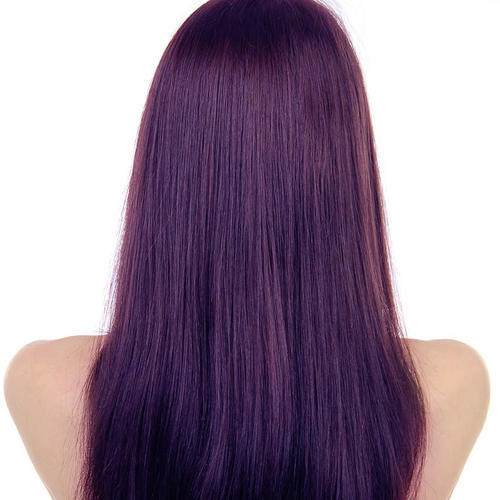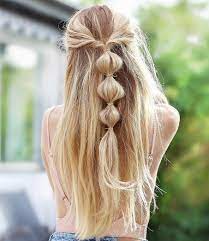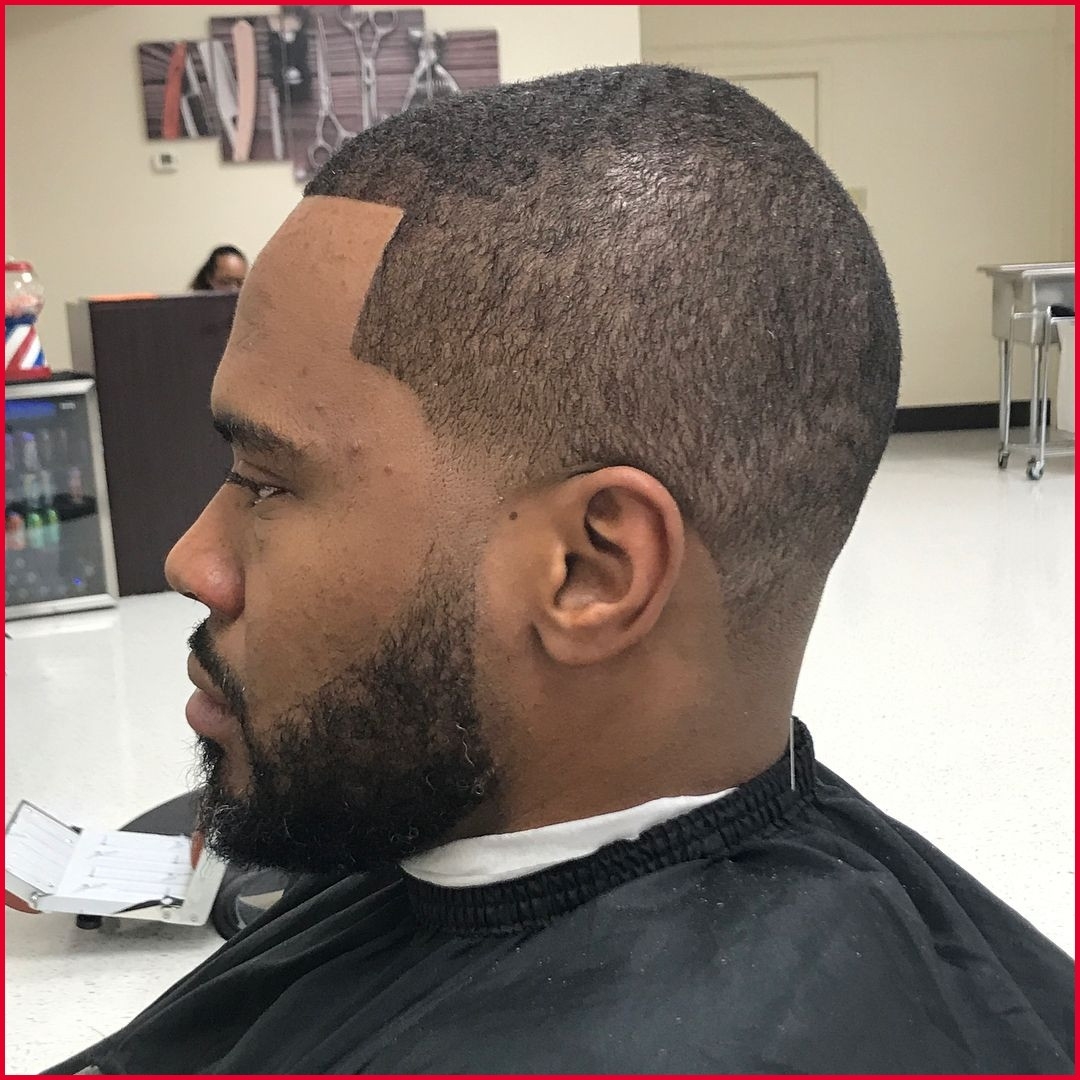
If you’re seeking a natural way to alter the color of your hair, indigo might be an option for you. Indigo is a natural dye that can darken your hair to black shades without chemicals or bleaches. However, it’s important to note that indigo can leave a blue stain on the skin, so a patch test is recommended before applying it to your head. For the best results, use indigo after henna has set in.
How to dye your hair with indigo
Indigo is an all-natural hair dye that gives strands a blue-black tint. It is commonly combined with henna to neutralize its red hue and achieve deep browns or black shades. Indigo can be purchased as a finely ground light green powder. It may take multiple attempts to achieve a dark color, and remember that indigo dye doesn’t wash out quickly, so frequent root touch-ups may be necessary every 4-6 weeks. The shade of paint will depend on the amount of indigo used.
Preparation
Indigo dye can be applied independently or as part of a henna treatment for better results. Henna acts as a primer, helping indigo last longer and penetrate the hair shafts. The indigo powder can be found at a reasonable cost in large retailers and beauty supply stores. Before starting the dyeing process, protect your work area with newspapers or old towels to prevent staining. Mix the indigo powder with warm distilled water to create a thick paste, being careful not to add too much water at once. Adding thickeners or baking soda can help improve the dye’s effectiveness.
Application
The indigo powder can be used alone or combined with henna to dye your hair. It is suitable for both virgin and chemically treated hair without lightening it like other permanent dyes. Additionally, using indigo conditions the hair for soft and shiny results. Indigo is a natural dye from the indigofera tinctoria plant, used mainly for dyeing clothing. It is a safe and non-toxic option for coloring hair, and it can also help treat and prevent premature graying. Remember only to mix enough indigo paste for one section of hair and properly dispose of any leftovers.
Washing
Indigo is a permanent dye that cannot be washed out. However, its intensity may lighten over time and with sun exposure. To prevent staining, use a sulfate-free shampoo specifically designed for color-treated hair. Switching between indigo and henna treatments is recommended to maintain a healthy scalp. Indigofera tinctoria plant leaves are used as an organic dye source, and indigo dyeing has been used since ancient times for fabric and hair colors. This chemical-free option is particularly beneficial for curly hair seeking color changes without damaging the locks or causing premature graying.

